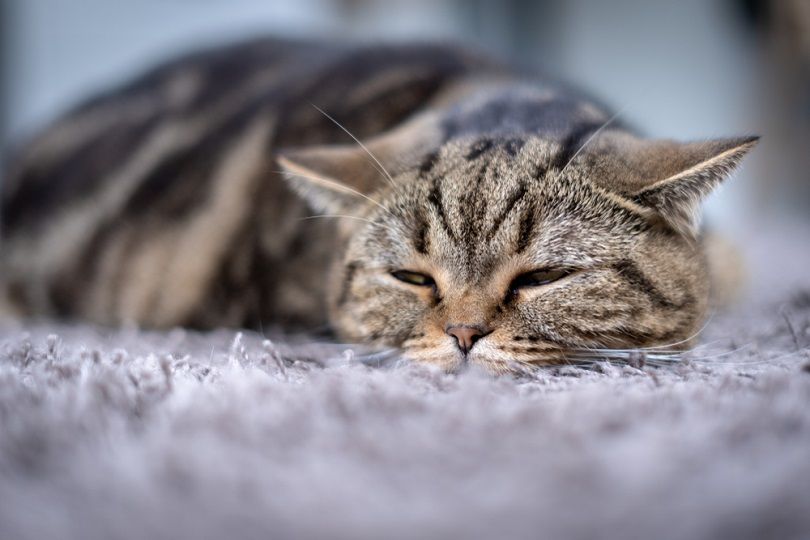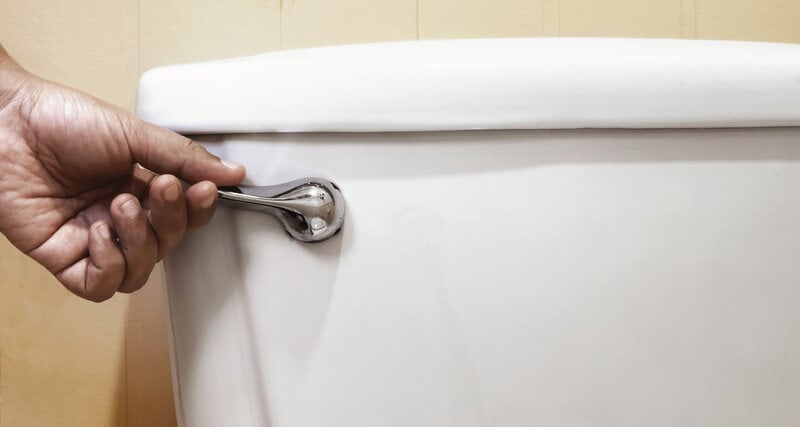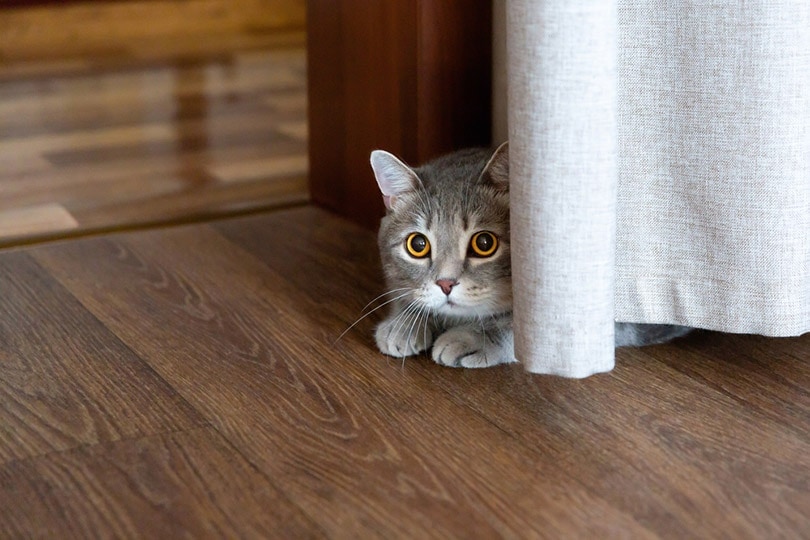Can Cats Eat Cumin? Vet-Verified Nutritional Info & Safety Guide
Updated on
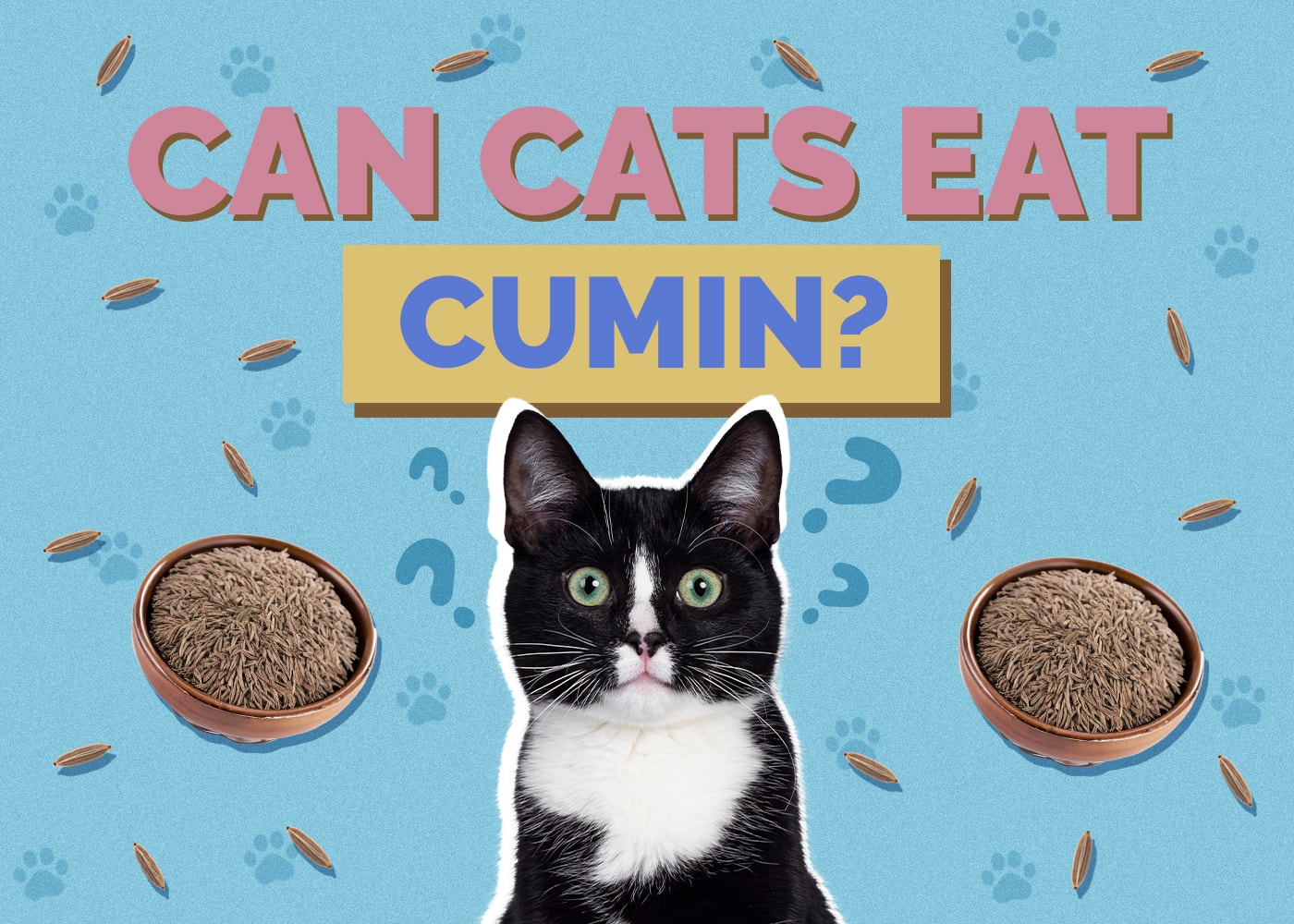
Cumin is native to Egypt and the Middle East and is found worldwide nowadays. It’s a staple spice in Asian, Mexican, and Indian foods. It is claimed to have several health benefits for human health, such as lowering cholesterol, aiding in weight loss, and lowering blood sugar. That all sounds terrific, right?
If you’re a cat parent, you may wonder if cumin can provide the same health benefits as it does for humans and if it is safe for your cat to consume cumin. The short answer is yes, cumin is not considered toxic to cats and they can eat cumin. However, the health benefits of cumin for cats have not been studied, so it is recommended to only give this spice to your feline friend in moderation. Some spices are toxic to cats, but cumin isn’t, so if your kitty managed to grab a piece of cumin-containing food, you don’t need to panic. If you love cooking with cumin, read on to learn how to give cumin to your kitty safely.
Can Cats Eat Cumin?
Some spices and seasonings are toxic to cats; for example, garlic, cinnamon, and nutmeg should be avoided in cats, especially garlic and onion powder. Luckily, cumin is considered non-toxic to cats. Cats are obligate carnivores, meaning they need animal proteins for optimal health. With that in mind, feeding your cat high-quality commercial cat food is best.
But when can cumin come into your kitty’s diet? As we’ve mentioned, it’s safe to give your cat cumin, but only in moderation. Also, remember that cats do not have the same taste buds as humans. Humans have approximately 9,000 taste buds on the tongue, whereas cats have around 500.
Cats don’t need spicy food, so they may show no interest in eating cumin, but if they do, you can safely offer a tiny bit to let them try it. Cumin has a strong smell, and given that cats have a heightened sense of smell, that alone will determine if your cat will want to taste the spice, especially if you have an adventurous kitty.
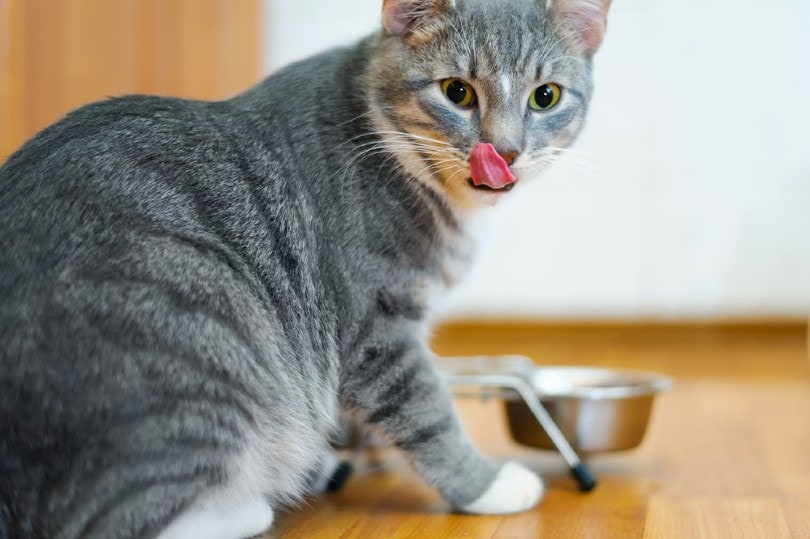
How Often Can I Give My Cat Cumin?
There is no clear answer to this question, since even though cumin is safe for cats to consume, each cat may react differently to it, so serving cumin in moderation is crucial. You should also check with your vet before starting adding cumin to your cat’s diet. You could add a pinch to their food and see how they react to it. It is wise to monitor your cat after they eat cumin to determine if the spice upsets their digestive tract.
If your cat develops diarrhea or vomits afterward, discontinue putting cumin in their food. Again, always consult with your veterinarian beforehand.
Can Cats Eat Cumin Seeds?
Since no evidence supports avoiding giving cumin seed to your feline companion, you can try offering your kitty a few seeds but don’t forget to monitor afterward for an upset tummy. Ground cumin is easier to sprinkle into your cat’s food, but you could safely try the seeds in moderation.
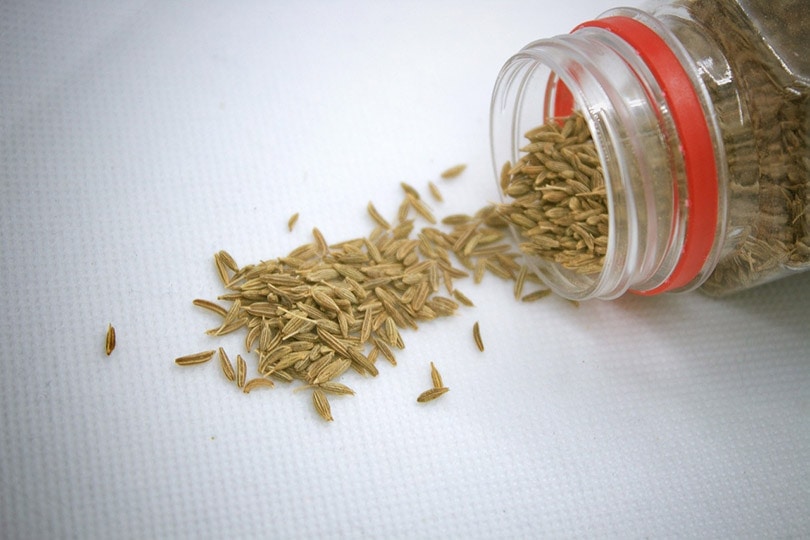
Now that you know what you can safely feed your cat, it’s just as important to find a bowl that supports their health and well-being. With whisker-friendly bowls and a wide tray to catch any spills, our Hepper NomNom Cat Bowl is our favorite option.
What Spices Are Toxic To Cats?
If you’re a gardener, finding other cat-friendly herbs and spices to plant is a good idea. If you have any of the previous plants, the safest option is to get rid of them since it’s sometimes difficult to safely keep them away from your kitty’s reach, especially for those kitties who love to walk around on your countertops.
Does Cumin Kill Fleas On Cats?
You may have read that cumin can work as a natural remedy against fleas. Unfortunately, there is no evidence that this is true, and we don’t recommend using cumin as an anti-flea solution.If you suspect that your cat may have fleas or if you have evidence of fleas on your cat, talk to your veterinarian to find the best solution for your cat before it becomes a problem in your household. Fleas not only cause itching and discomfort but also transmit serious infectious diseases. If your cat doesn’t have fleas but you want to prevent them, your veterinarian can also help. They’ll recommend a safe and effective preventative method tailored to your cat’s needs. Don’t hesitate to reach out to your vet for guidance on keeping your cat flea-free.
Conclusion
Now that you know that cumin is considered safe for cats, keep in mind your cat’s nutritional particularities and that it’s essential to feed your cat a vet-approved complete and balanced diet. Adding cumin should only be done once in a while, and it’s a good idea to consult your veterinarian before actually adding it to your cat’s food. Remember that your cat may reap the benefits of cumin; however, feeding quality food will keep your cat healthy more than anything else.
- Related Read: Can Cats Eat Spicy Food? Vet Reviewed Facts & FAQ
Featured Image Credit: a15066498788, Pixabay




